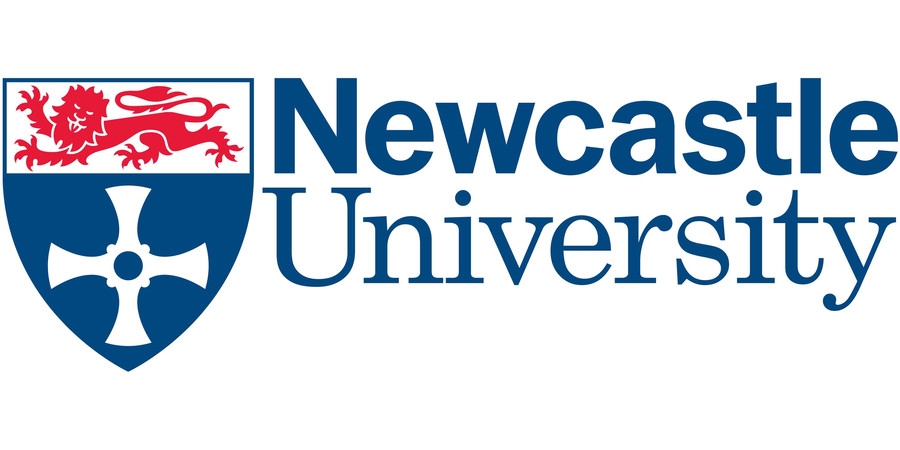Research Associate (Sensory Pollution)
Newcastle University - School of Geography, Politics and Sociology
| Location: | Newcastle upon Tyne |
|---|---|
| Salary: | £35,116 to £36,130 per annum |
| Hours: | Full Time |
| Contract Type: | Fixed-Term/Contract |
| Placed On: | 9th May 2025 |
|---|---|
| Closes: | 8th June 2025 |
| Job Ref: | 28167 |
The Role
We are looking for an independently-minded researcher in biogeography, ecology, environmental science or a related field to join our Leverhulme Trust funded project studying urban sensory pollution. You will be open to collaborating and communicating across disciplines, to work on a project that will combine research in social and physical sciences. You will be excited by the prospect of joining a project in which you will be given significant autonomy and independence to shape and develop the research, within the framework set by and with the support of the wider team.
Urban Sensory Pollution in Singapore and Johor Bahru is a 30 month funded research project that seeks to understand how urban sensory pollution (eg light pollution, noise pollution, etc) impacts on both humans and ecosystems, in polluted and non-polluted sites. The project will focus on how impacts relate to the governance and conceptualization of senses as pollutants, and the extent to which this correlates with “correlates with actual harms (e.g., reductions in biodiversity, loss of ecosystem services). You will lead in the data collection and analysis on our biodiversity work package, conducting rigorous fieldwork that you will undertake during two visits to Singapore and Johor Bahru.
You will, within the framework of the broader project, be able to shape details of the methodology to reflect your expertise, for example, to decide which species are used as bioindicators. You will concurrently collect data on sensory pollutants using environmental monitors. You will deliver high-quality analyses of the biodiversity data, and share your findings, in collaboration with the project team, in leading scientific journals and at academic conferences. You will work with a high degree of independence, as appropriate seeking input from the project team: Dr Robert Shaw an urban geographer who will carry out social science research on the impacts on urban sensory pollutants in the same cities, and Dr Nick Cutler, a biogeographer with experience in studying the built environment and its impacts on biodiversity.
You should be experienced in studying biodiversity, ideally with experience in tropical settings. You will have experience using environmental sensors in field settings. While you will work in collaboration and with the mentorship of the research team, you will be given significant autonomy with a chance to take ownership of your part of the research.
This is an excellent opportunity for a confident early-career researcher to gain expertise in interdisciplinary collaboration, with a focus on how scientific and social scientific research can inform each other. As well as the project team, you will form part of Newcastle University’s Physical Geography research cluster, a world-leading group of scientists at the forefront of research on earth surface processes, environmental change, and shifting human-environment relationships. You will be based in a Geography unit ranked #36 in the 2025 QS Global Subject Rankings for Geography, within the wider School of Geography, Politics and Sociology.
The post is for 30 months, tied directly to the Leverhulme Trust grant. We hope to interview in June 2025, with a view to starting as soon as possible.
If you would like to have an informal conversation about this role, please contact Dr Robert Shaw (robert.shaw2@ncl.ac.uk)
Advert information
Type / Role:
Subject Area(s):
Location(s):









